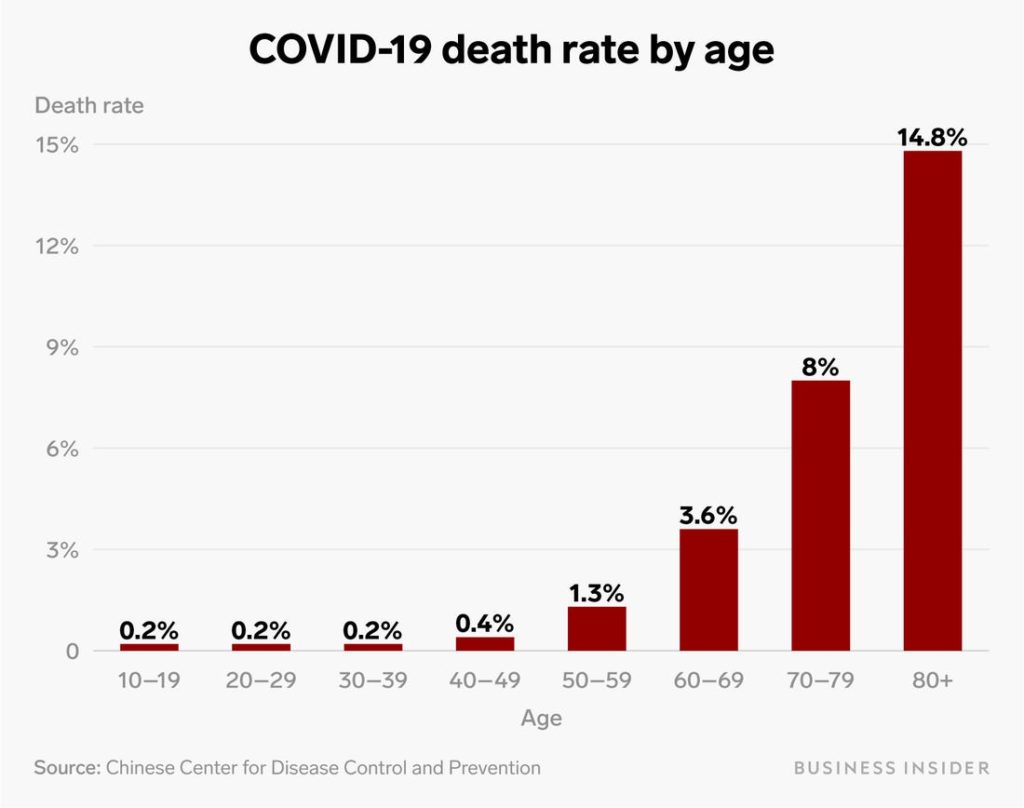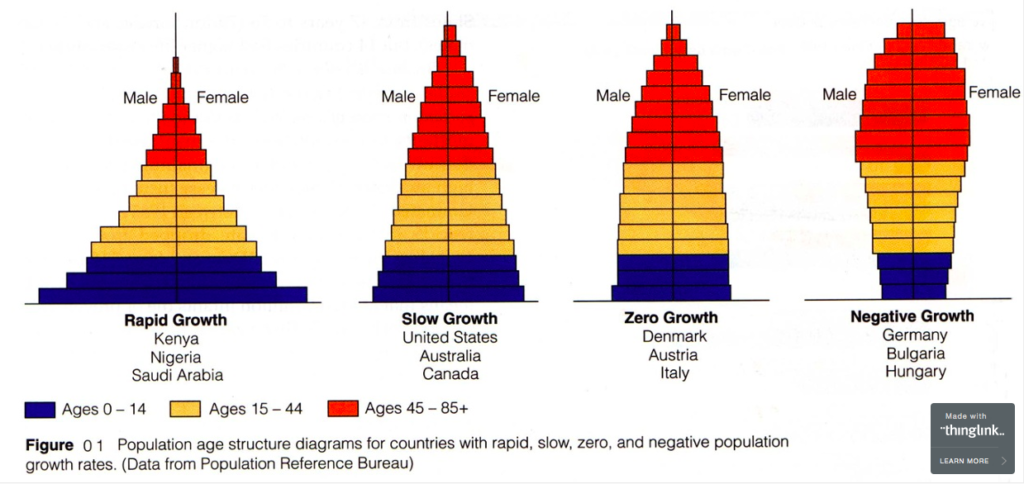Data Over Emotions: Lessons from Nigeria’s COVID-19 Response
Nigeria did not play to its unique advantages, paid a needless economic price in the short term, and will continue to pay in the medium term.
Filter by Category
Nigeria did not play to its unique advantages, paid a needless economic price in the short term, and will continue to pay in the medium term.
We didn't expect our lives to change immediately, but we expected ordinary miracles. A miracle, in Nigerian terms, would simply be to do something right.
It’s been a tough year as the world battled a novel coronavirus. Governments all over sprung into action with difficult measures to protect their populations, and as global economic activities shut down, no country could expect to escape unhurt. The best any country could do was try to minimize the health and economic impact of the pandemic the best way possible.
Thanks to early data from Asia and Europe, it was clear that there was one single most significant variable when it comes to the disease: Age. The virus disproportionately affected older people. The second most important factors were certain pre-existing conditions, most notably heart disease, diabetes, chronic respiratory disease, high blood pressure, and cancer (many of which are associated with either age, obesity, or both). Even with older people, hardly anyone dies without any pre-existing condition.

Nigeria is in a unique position where it has a statistically negligible number of vulnerable old people. The demographic distribution in Nigeria puts only about 1.3% of the population over the age of 65, with over 90% of the population under 50! This is an incredible fact that should have been the foundational point in discussing a response to the pandemic in Nigeria and for most of the African continent. The age distribution relative to some other countries can be seen in the image below:

Furthermore, the medical data available states that the population is in a relatively better position than most of the rest-of-world with regards to many of these risky pre-existing conditions, so there is no objective evidence to believe that the population in Nigeria is more vulnerable than elsewhere as a result of pre-existing conditions. In fact, we are in a better position*. Studies further show that weather/temperature has an effect on the spread of these types of infections, with slower infection rates expected in warmer climates**. For once in history, elements have combined to put the odds in favor of Africa.
There is also an argument that death rates would be even higher in systems where we have weak healthcare infrastructure. Intensive care treatment in developed countries with the best healthcare systems was reserved for people that have higher chances of survival, yet, 50% of those people who need intensive care at all don’t survive. If we adopt the most conservative stance and double the estimated death rate in Africa as a result of zero access to intensive care treatment, the projection is still very instructive.
Using overwhelming data from over 5 million cases across the world, it is clear that based on Nigeria’s age distribution and with zero ICU infrastructure, if there is an extreme infection rate among the population such that all 5 million global cases happened in Nigeria alone, the number of deaths from Covid-19 will be 20,000 – 40,000, or 5 to 10% of the average global death rate. It might sound morbid, but this is an unremarkable number considering that over 300,000 Nigerians die every year from respiratory diseases with similar symptoms and proven treatments. Pneumonia, a mostly preventable disease, kills 18 Nigerian children every single hour. More children will die of pneumonia today than all the coronavirus deaths in Nigeria combined.
No thanks to Hollywood movies, trauma from previous serious pandemics like Ebola, and the natural self-preservation instincts of the middle class, the ruling class, and the elite, a vocal portion of the population panicked with little reference to key pieces of data. Our reaction was informed mostly by the fear of the unknown instead of the available information. Unfortunately, a better-safe-than-sorry approach is one that only wealthy populations can afford.
The Nigerian Bureau of Statistics released a report highlighting the impact of coronavirus. The summary is as follows:
The impact highlighted here is short-term and doesn’t take into account other immeasurable social, psychological, and downstream impacts of measures that have been adopted to manage the spread of coronavirus. This price is being paid to protect old people who didn’t really exist on a significant scale. If we researched the impact of a 1% increase in things like unemployment or poverty rates on mortality rates in a place like Nigeria, the real consequence of will be even more mind-blowing.
The Nigerian government, in response to the calls from a very vocal portion of the population, implemented lockdown measures like their counterparts in the rest of the world when the country barely had 100 cases, even though the living conditions of most of the population makes a lockdown to enforce physical distancing logistically impractical. The fact that such a lockdown will have to be lifted at some point in the near future when the cases will inevitably be more than 100 and growing was absolutely predictable, and that fact should have negated the logic of a lockdown in the first place. If you have 100 cases, and you can predict that you will have to lift a lockdown by the time it’s 10,000 cases (in less than 2 months), why lockdown in the first place? Did anybody truly believe that Nigeria could keep cases at or below 100 during a lockdown?
Billions of Naira have been committed by the private sector and government to mitigate the economic impact of a lockdown. These billions could have been better-utilized implementing creative measures to protect the 2.5 million people over 65 in Nigeria, and those with pre-existing conditions (e.g, income protection for people that have to stay at home, free and mandatory masks for the general population, e-payments over cash, etc.). Nigeria’s response was such a waste that, due to panic reaction, even asymptomatic people confirmed positive were admitted to isolation centers and medical facilities, starving a quarter of the rest of the population who couldn’t access medical treatment at all of the access they need.
I understand the difficult position the government found themselves in. They needed to take radical action, otherwise, the inevitable number of deaths would have been blamed on government inaction; however, it’s important to point out the lack of objectivity in the decision so that the vocal population can be more discerning in the future and always take into account the peculiarity of the country. What we have now is a situation where we have over 11,000 cases (highly underestimated based on lack of widespread testing), virtually no lockdown, with the added burden of about 2 months of the decimation of an already-battered economy. Nigeria did not play to its unique advantages, paid a needless economic price in the short term, and will continue to pay in the medium term.
*https://www.statista.com/statistics/313080/deaths-from-ischemic-heart-disease-in-selected-countries/
**Sil, A. and Kumar, V. N. (2020). Does Weather Affect the Growth Rate Of COVID-19, A Study to Comprehend Transmission Dynamics on Human Health. medRxiv preprint doi: https://doi.org/10.1101/2020.04.29.20085795.
Be notified when a new post is up!
Comments
Hi Laolu.
Great article. I agree with most of your points, but I find it hard to imagine how the government could have come up with a strategy that would have reduced spread, bought time and also protected the economy all at the same time. I believe the lockdown, while it has caused economic damage and was probably not enough to protect our vulnerable populations, was still able to kick the can down the road and allowed the NCDC build capacity. The goal of lockdowns anywhere in the world is not to bring cases down to zero but to buy time to be build necessary capacity and learn about the virus without too many people bring sick at the same time. The reason why this virus is so dangerous is how fast it spreads and not necessarily how deadly it is. A couple of infections in a typical workplace could realistically knock out entire workforces.